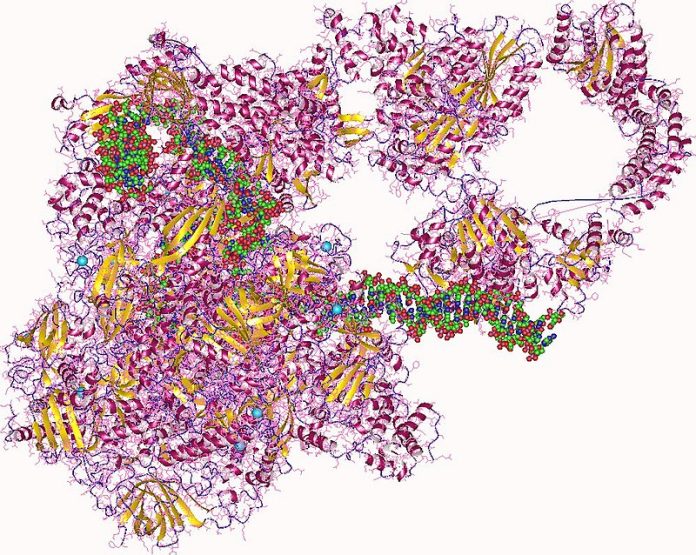Resistance to COVID-19 infection has been observed in health care workers and has been attributed to the presence of memory T cells that target the RNA polymerase in the RTC (replication transcription complex), thereby preventing infection. This makes RNA polymerase an important target for making a pan-coronavirus vaccine that will be effective against SARS-CoV-2 and its other variants of concern (VoC’s), but also against the family of Coronaviruses in general.
COVID-19 pandemic is now almost 2 years old and has caused havoc among the world by disrupting world economy and halting the normal way of living. Millions have died and many more have been infected with the disease leading to high levels of morbidity. However, there have been instances where people have cleared the infection from the system so quickly that they didn’t test positive for the virus or developed antibodies against it. This resistance has been attributed to the memory T cells-possibly those that are produced after exposure of the human system to such viruses.
In a recent study published in Nature by Swalding et al., blood samples from 60 health care workers, who were at high risk of developing COVID-19 due to their exposure, were examined and found out to be negative for the virus and for the antibodies against the virus1. It is hypothesised that pre-existing memory T-cells, with cross-protective potential against SARS-CoV-2, expand in vivo to provide rapid viral clearance, thus aborting infection. These T cells are directed against the RNA polymerase in the RTC (replication transcription complex), rather than any other structural protein of the virus. These memory T cells could have been generated in the health care workers by being exposed to other respiratory or related corona viruses, albeit there is no direct evidence of the same. It is also possible that there were other environmental triggers that led to the generation of these T cells. In addition, these sero-negative individuals also showed an increase in IFI27, a protein indicative of abortive SARS-CoV-2 infection. IFI27 is an interferon alpha inducible protein that is overexpressed upon exposure to a variety of respiratory viruses, including SARS-CoV-2. This may also be responsible for viral clearance in individuals, pre-exposed to other respiratory viruses, and then infected with SARS-CoV-2.
The fact that the memory T cells are directed against the RNA polymerase (being the most conserved among the human coronaviruses that cause common cold and SARS-CoV-2), makes this enzyme an important target to develop a pan-coronavirus vaccine that would not only be directed against SARS-CoV-2 and its other variants of concern (VoC’s) that have evolved as a result of mutations in the spike protein leading to more severe disease, but also against the family of Coronaviruses in general.
***
Source:
Swadling, L., Diniz, M.O., Schmidt, N.M. et al. Pre-existing polymerase-specific T cells expand in abortive seronegative SARS-CoV-2. Nature (2021). https://doi.org/10.1038/s41586-021-04186-8
***




































